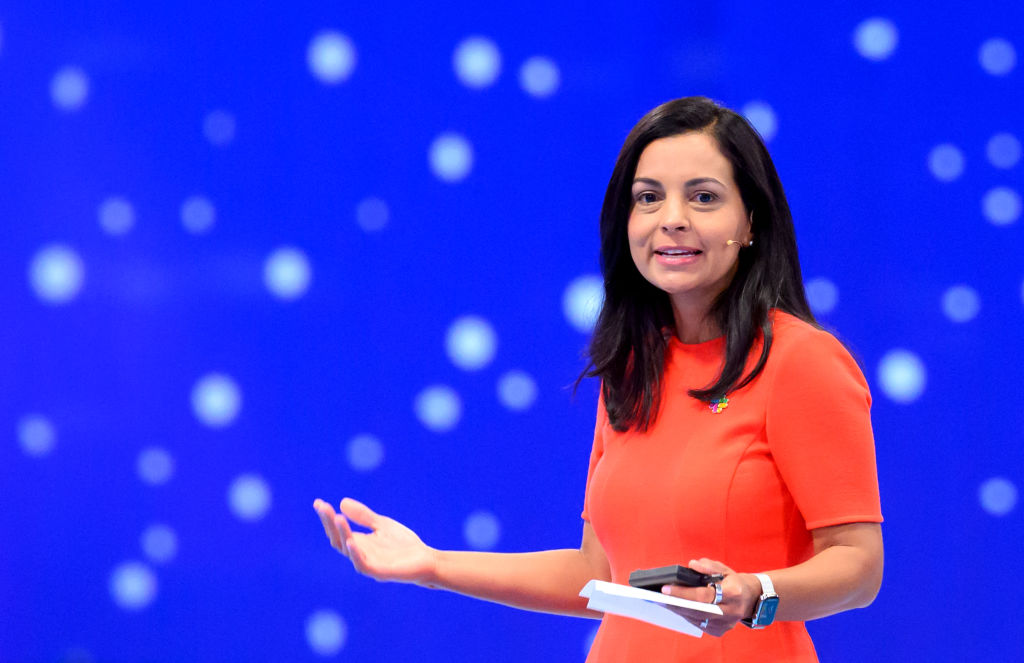For at least three years, I’ve been writing about the decline of dating apps as part of a broader “vibe shift” in romance and sexuality. This week gave us yet another data point: yesterday, it was reported that Bumble’s shares crashed by a staggering 33%, wiping out an estimated $350 million in market value. This dramatic fall comes as the company has signalled that efforts to revamp its flagship app have failed to reignite growth.
But it’s not just Bumble experiencing problems. Despite generating $5.5 billion in global revenue in 2022, with Match Group alone accounting for $2.8 billion, the sector has shown signs of exhaustion. While over 300 million people worldwide use dating apps, downloads have trended downward since 2019.
Dating app downloads peaked at 287.4 million in 2019, but fell to 237 million by 2023. Even Tinder, long considered the industry leader, has seen its annual downloads fall from its peak in 2014. This decline is particularly pronounced among younger users, with 79% of Gen Z reporting dating app burnout.
Bumble’s struggles are emblematic of the broader issues facing dating apps, though its branding might also compound its problems. Once the “progressive alternative” in the dating app space, Bumble’s women-centric approach and airy, liberal feminist aesthetic might come off as “cheugy,” a term denoting something that was once trendy but is now seen as trying too hard or out of touch.
For Bumble, not only do dating apps not appeal to younger users, but neither does its image. Look at what happened to the feminist-focused co-working space the Wing, after all.
As traditional dating apps struggle, alternative methods of meeting potential partners continue to grow in popularity. In-person singles events have experienced a remarkable resurgence. Attendance at dating events in the US grew by 42% in 2023 compared to the previous year, surpassing pre-pandemic levels. According to at least one source, singles events incorporating board games experienced a 400% rise in attendance from 2022 to 2023.
This shift toward meeting in person reflects a growing desire for more… well, humanity, particularly after prolonged social distancing during the Covid-19 pandemic and with the looming spectre of AI-generated “slop.” We’re also seeing — at least in some corners of the Internet — the continued revival of other traditional, slower, and more nostalgic methods. Personals litter popular Substacks and even media outlets, including Blocked and Reported, Richard Hanania’s newsletter, and Bari Weiss’s Free Press Matchmaking services, including those that are digitally assisted, like Keeper, continue to emerge both on the timeline and in startup accelerators.
Anecdotally, even e-dating — that is, Internet dating outside of dating apps — appears to be more attractive than app-based dating. People quip that “Twitter is a dating app” (or Instagram or LinkedIn) for a reason: the good ole’ DM slide is much more gratifying than the swipe. People are sick of being disconnected, and, despite the sometimes suffocating atmosphere of doom around social media, they are doing something about it.
One question remains: will this dating renaissance solve “the sex recession”? It is yet to be seen if people are meeting, dating, and not having sex, or if the sex recession is the product of a broader trend of isolation. As people move off dating apps and into the world of matchmaking, singles events, e-dating, and classifieds, it will become clearer exactly which path young people are taking.











Join the discussion
Join like minded readers that support our journalism by becoming a paid subscriber
To join the discussion in the comments, become a paid subscriber.
Join like minded readers that support our journalism, read unlimited articles and enjoy other subscriber-only benefits.
Subscribe